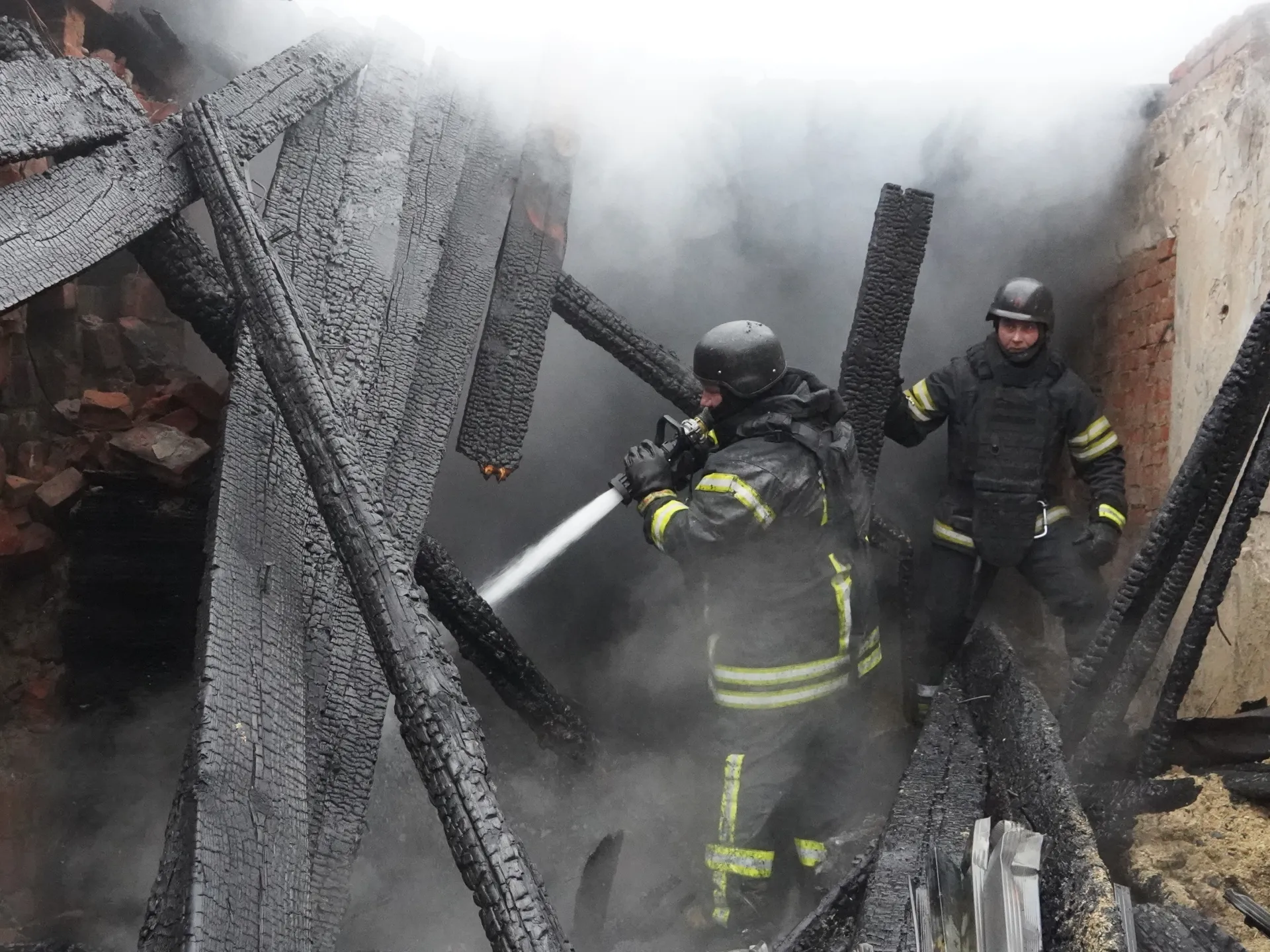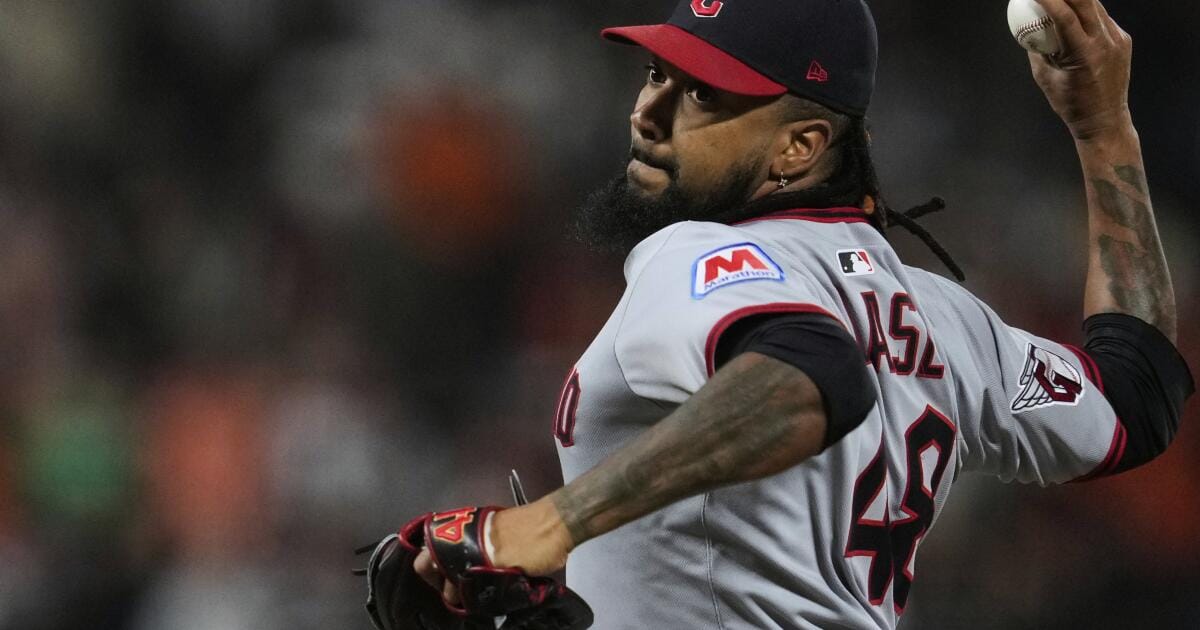Nov. 9 (UPI) — Emmanuel Clase de la Cruz and Luis Leandro Ortiz Ribera, two pitchers with the Cleveland Guardians of Major League Baseball, were indicted Sunday for taking bribes in exchange for throwing rigged pitches so bettors could profit off the illegal information.
Federal prosecutors said Ortiz, 26, was arrested Sunday in Boston, Mass. Clase, 27, was already in police custody, authorities said.
The grand jury indictment unsealed Sunday in a Brooklyn courthouse charges the pair of pitchers with honest services wire fraud conspiracy, conspiracy to influence sporting contests by bribery and money-laundering conspiracy.
“Integrity, honesty and fair play are part of the DNA of professional sports. When corruption infiltrates the sport, it brings disgrace not only to the participants but damages the public trust in an institution that is vital and dear to all of us,” U.S. Attorney for the Eastern of New York Joseph Nocella Jr. said in a statement announcing the indictment.
Federal prosecutors allege the conspiracy began around May 2023 when Clase, a relief pitcher agreed with bettors to rig so-called prop bets on pitches he threw. Ortiz allegedly agreed to join the conspiracy in June.
The indictment states at least two bettors were involved in the conspiracy who allegedly used two online betting platforms to make their illegal wagers.
According to the document, Clase agreed with a person identified as Bettor-1 around May of 2023 to throw specific pitches, often balls and slower sliders, on the first pitches when brought in as relief during a game.
In one instance referenced in the document, Clase allegedly threw a pitch slower than 94.95 mph into the dirt “well before home plate.” Bettor-1 and others won about $38,000 on the pitch, according to the document.
In another instance, in late June 2025, after Ortiz allegedly joined the conspiracy, Ortiz agreed to throw a rigged pitch in exchange for $7,000. Clase allegedly was also paid $7,000 for arranging the interaction.
The pitch was to be thrown in a June 27 game, before which Ortiz allegedly withdrew $50,000 in cash, $15,000 of which was allegedly provided to an unnamed co-conspirator who bet on the rigged pitch.
If convicted, each defendant faces a maximum sentence of 20 years’ imprisonment for each honest wire fraud conspiracy and honest services wire fraud conspiracy, five years for conspiracy to influence sporting contests by bribery and 20 years for money laundering.
Ortiz is to be arraigned in the Eastern District Court of New York at a later date.
Clase was entering the fourth year of his five-year, $20 million contract with the Guardians, which he signed in 2022 and runs through 2026.
The indictment against Clase and Ortiz is the latest legal action taken in the last few weeks targeting illegal gambling in professional and amateur sports.
On Friday, the NCAA stripped eligibility from six former men’s basketball players for betting-related game manipulation.
Last month, Terry Rozier of the Miami Heat and Chauncey Billups, coach of the Portland Trail Blazers, were arrested over their alleged involvement in a wide-ranging illegal sports betting and poker investigation.



